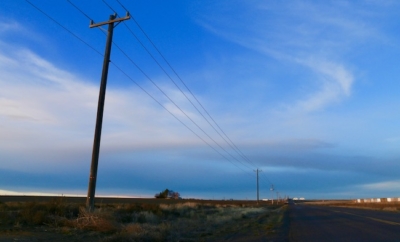
Existential Psychology
Isolation Versus Solitude
Isolation and solitude both imply being alone but that is where the similarities end. They are opposite states in every other important way. Solitude is usually actively sought after and is a personal choice that comes from an inner yearning. Isolation is usually actively avoided and is forced from the outside. Solitude allows for expansion and freedom of thought, providing the chance to soar above the ordinary in order to come back to the world refreshed and reinvigorated. Isolation contracts the walls and makes a prison, draining the will and leaving you exhausted.
We all need times in our lives to be truly alone in order to gain a new perspective and discover who we really are, but most people fear the state precisely because solitude and isolation get confused. Little is scarier than the thought of being emotionally, spiritually, and physically cut off from our fellows.
What it comes down to is human connection. The feeling of isolation can arise in solitary confinement or when surrounded by people. In the case of solitude you can ascend to the mountaintop with assurances in the back of your mind that people are waiting for you in the valley below. Isolation offers no such promise, creating devastating psychological consequences.
A lot of antisocial behavior can be viewed through a psychological lens as a desperate attempt to create some form of connection, bridging the gap of isolation by making others recognize your existence and significance. This recognition comes at a terrible cost for everyone involved.
It’s important to focus on growth and increasing positive human connection if you feel isolated and conversely to give yourself time for solitude if you feel connected. There is a huge difference between being alone and being lonely, and raising your conscious awareness about where you actually are can help guide your behavior and set the conditions for your further growth and happiness.




